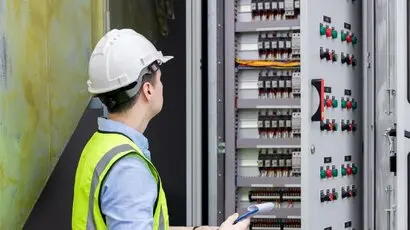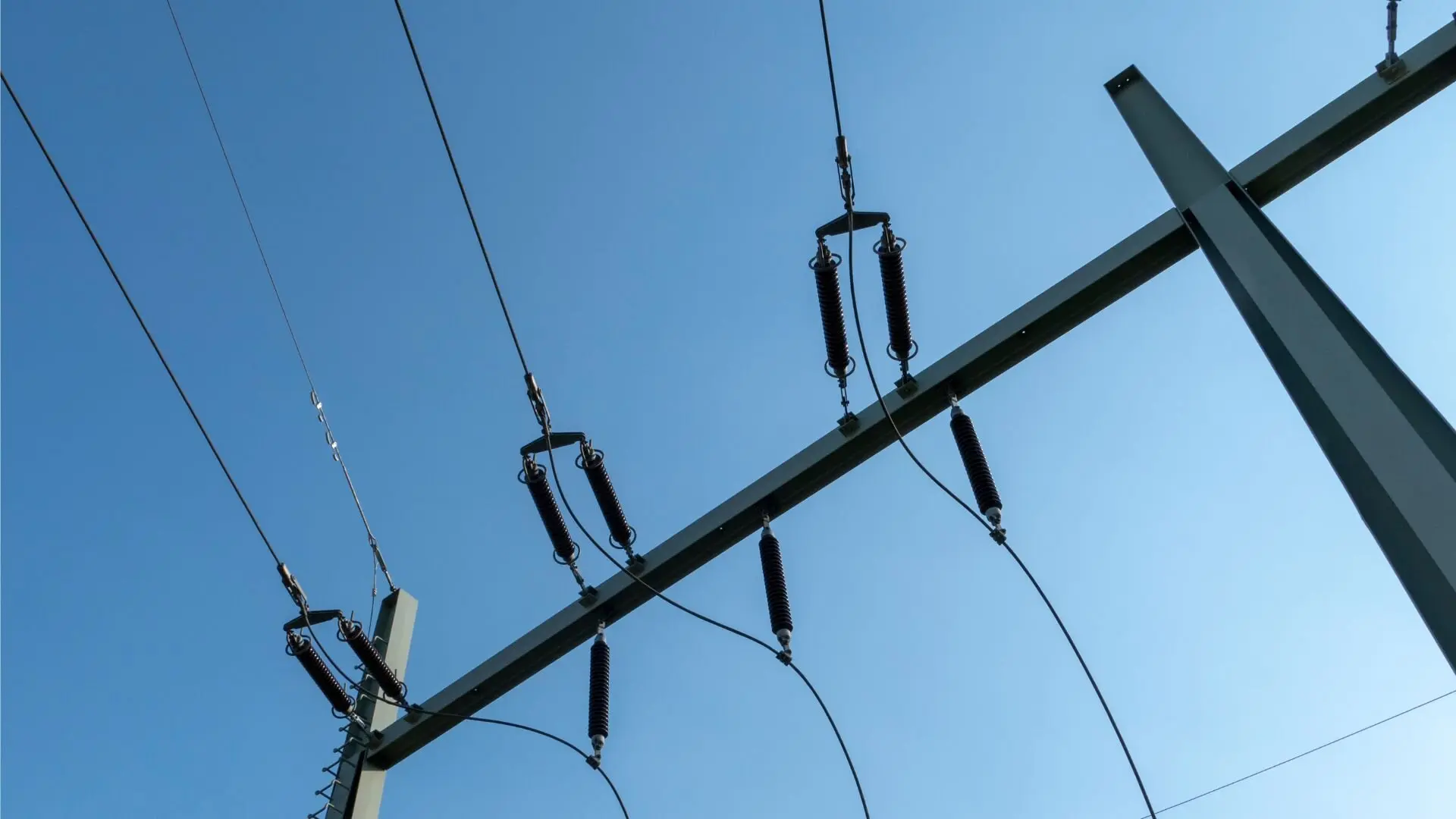
Get your free Melbourne Electrician quote today!
Our team of Melbourne Electricians is here to help you with any questions or concerns you may have. We’re committed to providing you with the best possible service and support.
This guide explores practical strategies for improving energy flow, reducing waste, and ensuring that electrical systems run efficiently. Learn how proper planning and modern technology can transform your building’s energy use, creating a safer and more cost-effective environment for your business.
Commercial buildings, a cornerstone of our modern economy, are significant energy consumers, accounting for approximately 24% of national electricity consumption. As energy demands continue to soar, the inefficient distribution of power within these structures has become a pressing concern.
Picture a building where energy leaks like water from a faulty pipe. This inefficiency spikes operational costs and adds to environmental impact. We simply can’t turn a blind eye to it any longer.
Optimising power distribution is not just a choice but a necessity for modern commercial infrastructure.
Navigating Power Distribution Systems
In commercial spaces, power distribution systems are vital to ensuring energy flows efficiently. They play a crucial role in delivering electricity safely and effectively across the entire building.

Renewable Energy Integration
Integrating renewable energy sources like solar and wind is becoming increasingly common. This shift helps reduce reliance on traditional power grids, lowering costs and carbon footprints.
Battery Storage Solutions
Battery storage systems are crucial for managing energy supply and demand. They store excess renewable energy during peak times, ensuring a consistent power flow and enhancing grid stability.
AI in Predictive Maintenance
Artificial Intelligence (AI) is revolutionising predictive maintenance. AI systems can analyse data to predict equipment failures before they occur, reducing downtime and maintenance costs. This proactive approach ensures more reliable power distribution and extends the lifespan of equipment.
Embracing these trends marks a shift towards smarter, more sustainable energy management, keeping commercial buildings both efficient and resilient in the long run.
Powering the Future
Effective power distribution provides lasting benefits, stretching beyond just immediate cost savings. By embracing strategies such as smart grids, sophisticated energy management systems, and renewable integration, businesses can meaningfully cut operating expenses while aligning with sustainability objectives.
Investing in efficient power distribution optimises energy usage and supports a greener, more eco-friendly environment. These enhancements align with worldwide initiatives to shrink carbon footprints and champion sustainable practices within commercial buildings.
For expert advice and comprehensive commercial services, consider reaching out to WP Electrical. Our team is dedicated to enhancing power efficiency and ensuring reliable energy solutions tailored to your needs. With a commitment to sustainability and innovation, WP Electrical is your partner in creating a more efficient and environmentally responsible future.
Published by: Pascal Harb17 October 2025